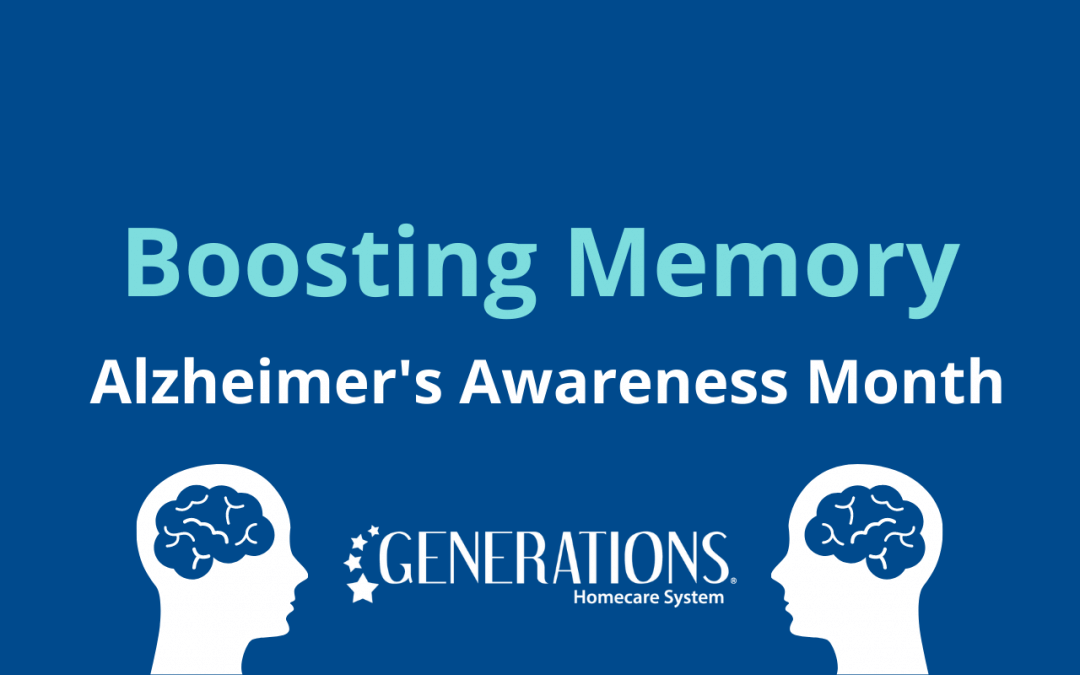Ways To Boost Memory Retention
In light of Alzheimer’s Awareness month, we would like to honor those who have struggled with Alzheimer’s disease. Given the prevalence of age related memory loss, it’s important to continuously be working towards preserving our memory. While memory decline is a natural part of aging, there are steps you can take for yourself and with your clients to help strengthen our memory muscles.
Playing Games
One way to strengthen your brain’s muscles is to engage in logic games. Some games that help strengthen memory retention are sudoku, crossword puzzles, chess and card games. These games require the participant to think outside of the box and challenge their problem solving skills. According to an article from Step To Health, problem solving games like Sudoku help to develop analytical skills and improve cognitive function. Logic games are a great way to have fun and develop your memory retention.
Adequate Rest
Thinking about skipping a couple hours of sleep? Think again. Getting enough sleep is a key player for memory retention. According to an article written by researchers Bjorn Rasch and Jan Born titled “About Sleep’s Role In Memory”, they explain how sleep is a key factor for strengthening our short and long term memories. In addition to memory retention sleep helps to promote overall healthy brain function, so be sure to get enough rest every night.
Exercise
If you are able, exercising regularly can be a huge player in long term memory retention. Wayne State Researchers found in a study of rats that a sedentary lifestyle can negatively shape the formation of our brain. Regular movement is one of the best ways to improve brain function and overall health. Engaging in exercise may look different for all age groups, but even some daily movement can prove to be beneficial long term.
Dedicating time in the day towards activities that boost memory retention is a worthwhile task. So be sure to get enough sleep, engage in fun logic games, and exercise regularly. For more information on Alzheimer’s Disease and how you can improve your quality of life, visit the Alzheimer’s Association website. It’s important to encourage and facilitate these activities in clients receiving care, so we can all work towards remembering the special moments in our life.

